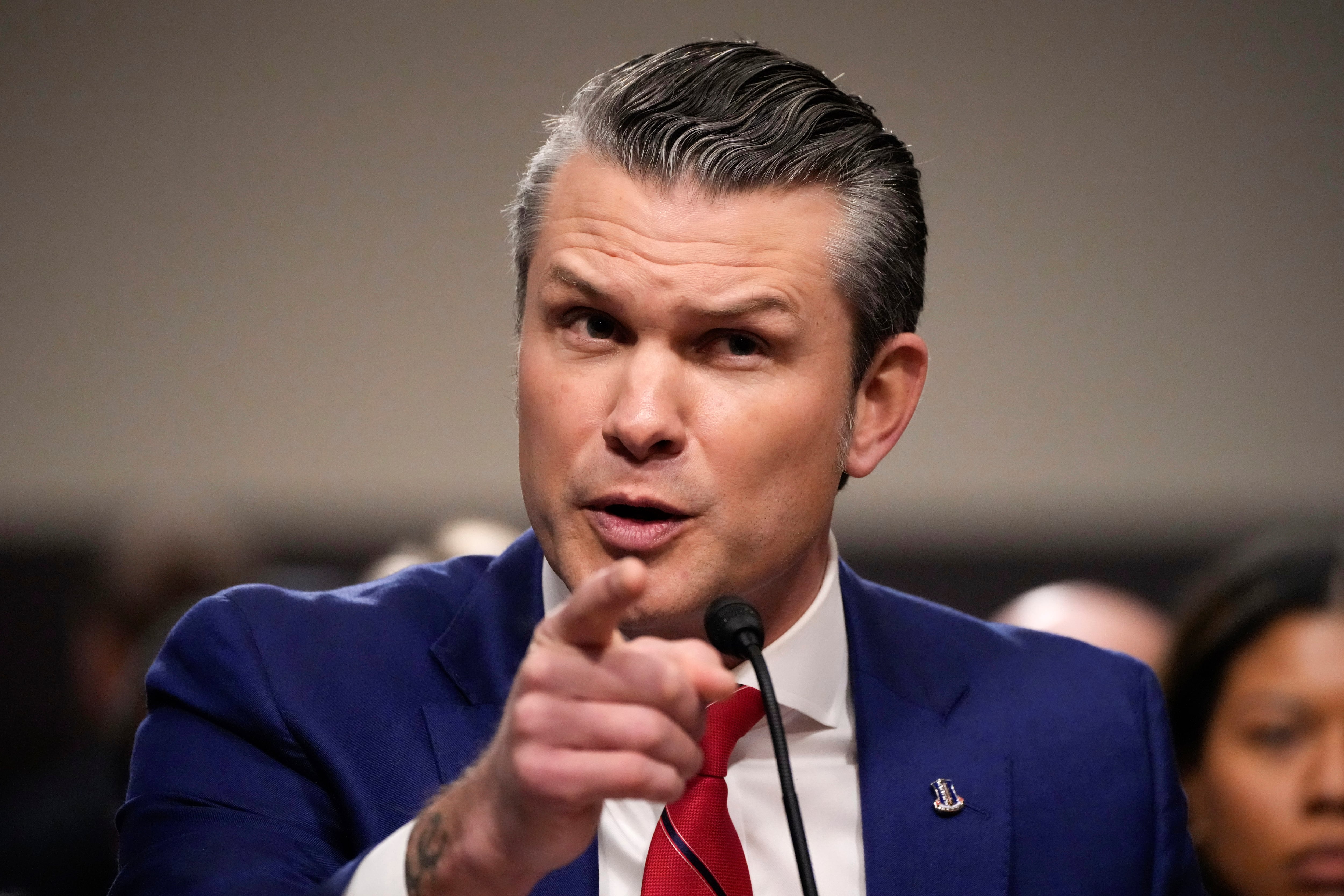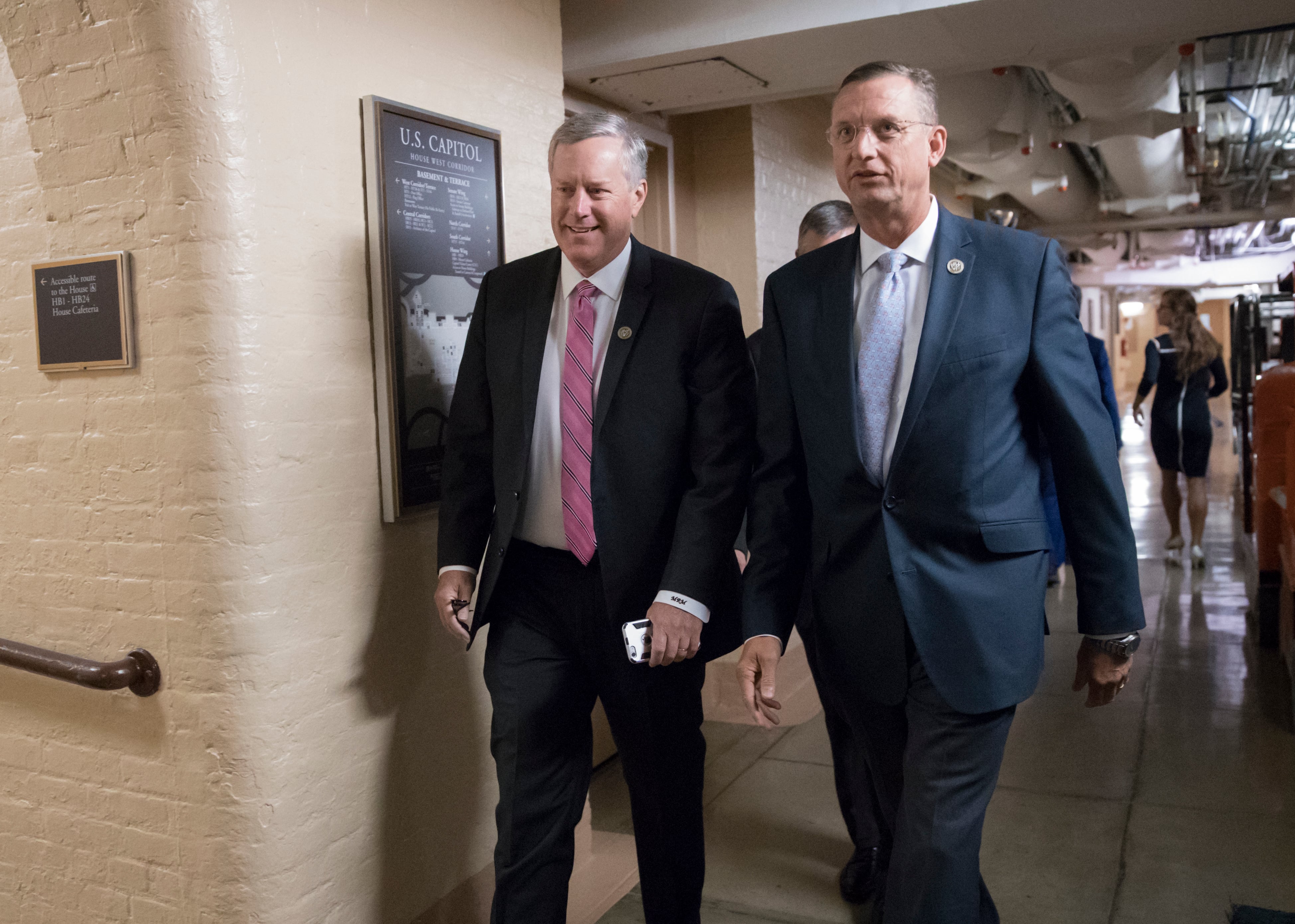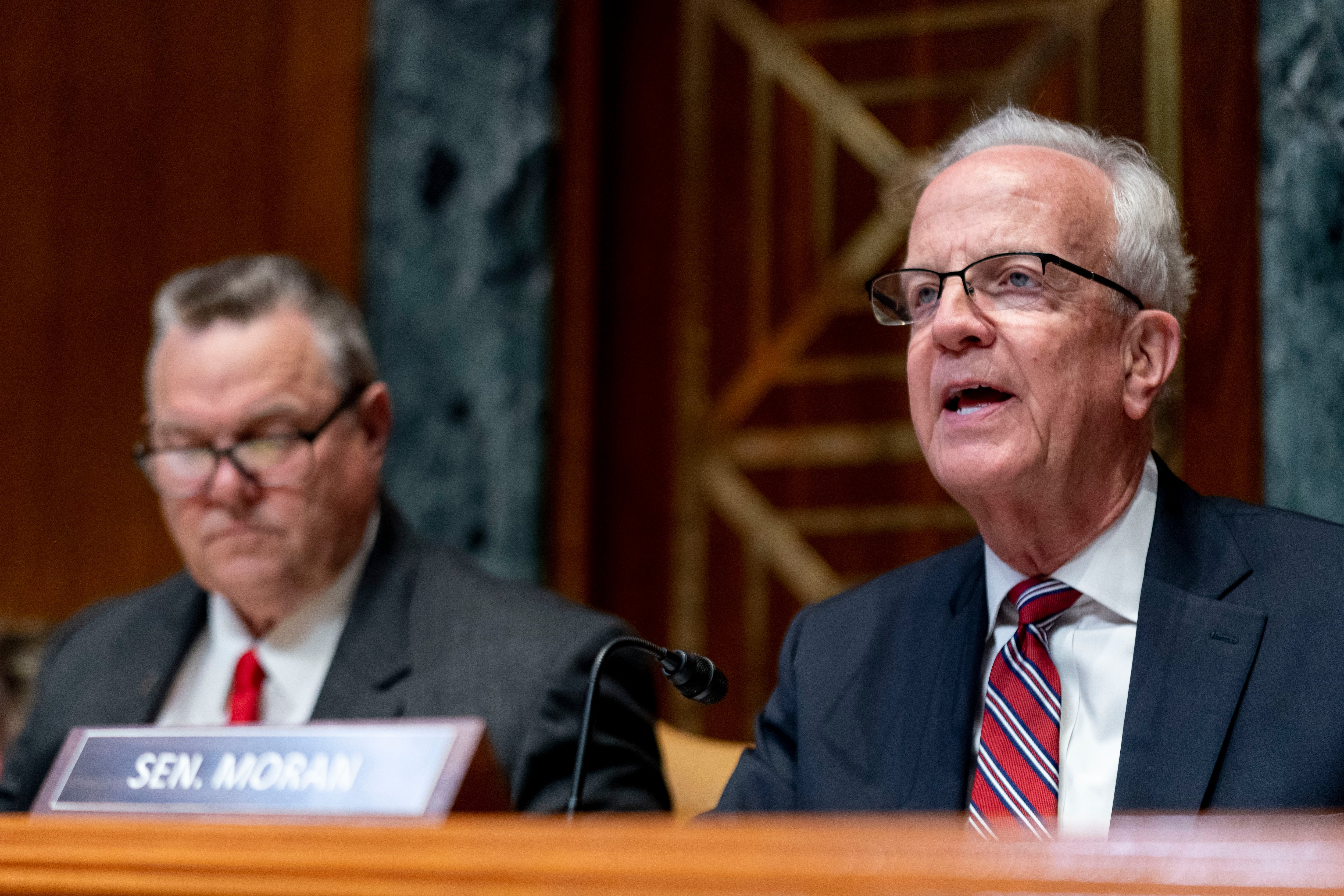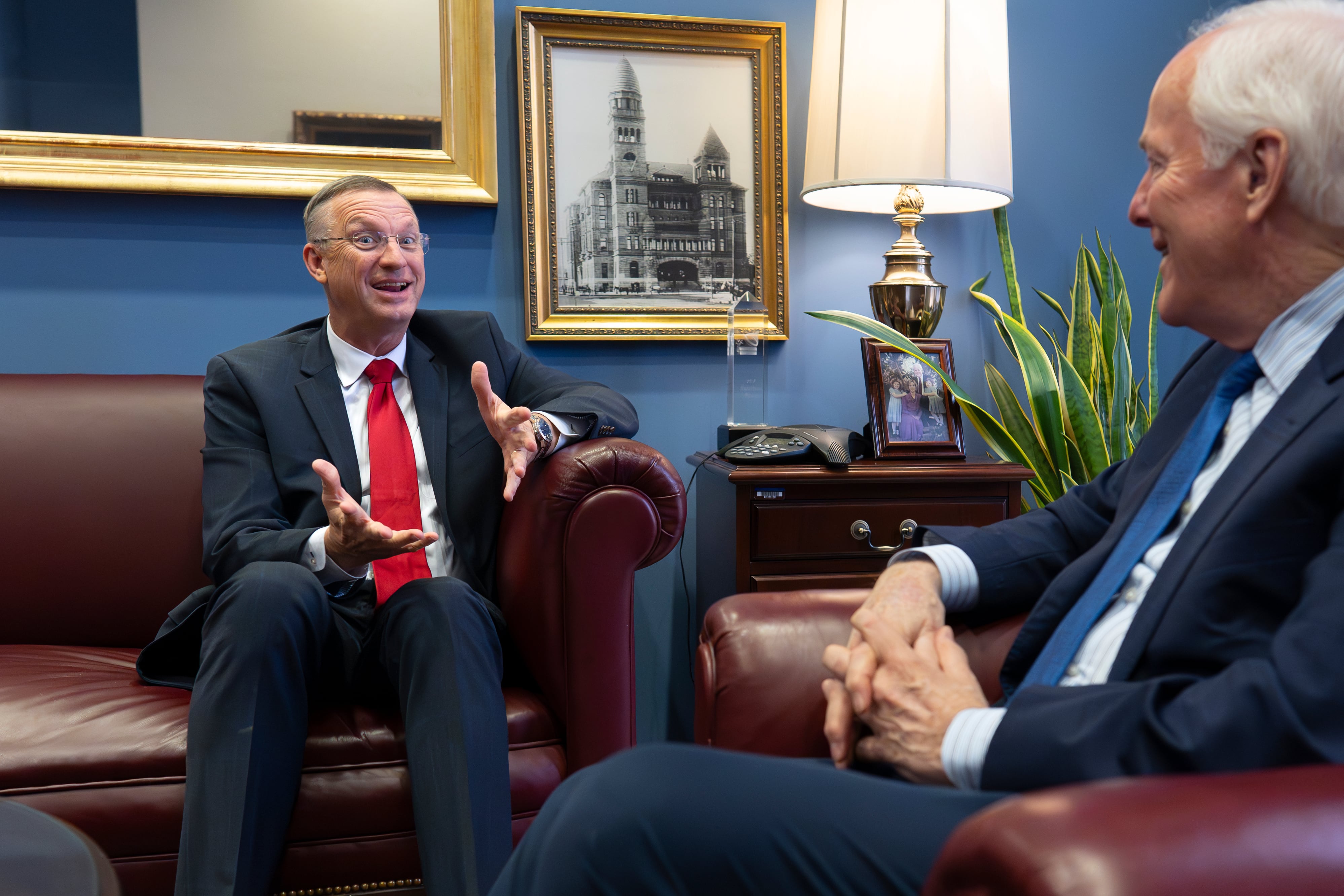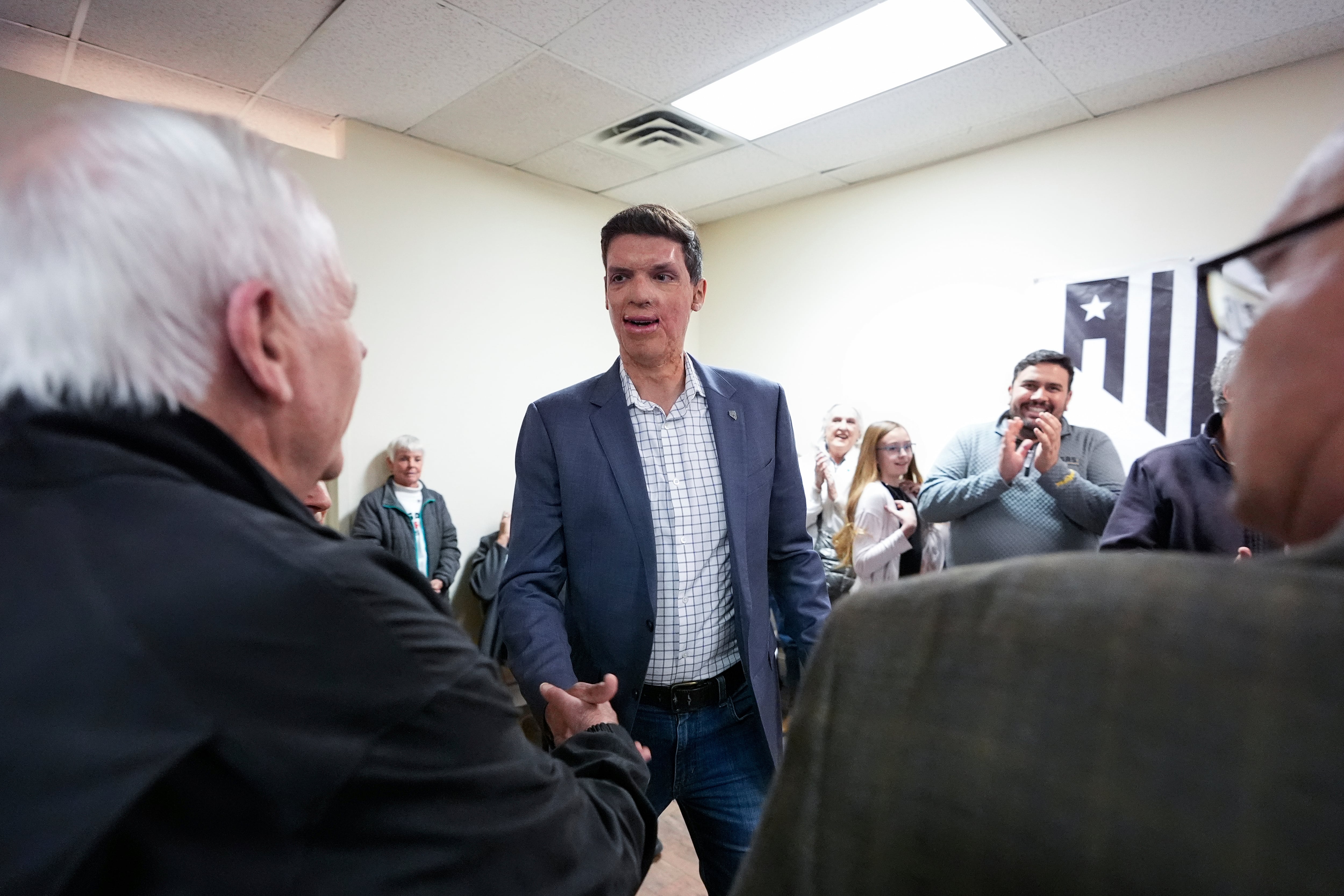The Navy SEALs' next mission could be on Twitter.
The head of U.S. Special Operations Command on Tuesday called social media "an area of growth for us, an area where we have to pay more and more attention." The suggestion came amid congressional questioning about military victories not just on the battlefield but also in public opinion forums.
"We have to remember that messaging operations can't be an afterthought," said Gen. Joseph Votel in an appearance before members of the House Armed Services Committee. "It has to be something that's baked into everything we're doing, it has to be something we look at right from the beginning as we conduct all operations."
The issue of countering anti-American propaganda has been at the forefront of lawmakers' minds in recent months as U.S. operations in the Middle East against Islamic State militants continues. Members of Congress have worried that not enough attention has been paid to fighting the group's messaging efforts, and preventing the spread of its ideology online.
Theresa Whelan, principal deputy assistant secretary of defense for special operations, told lawmakers at the hearing that military personnel are coordinating with State Department officials and other agencies to deal with that problem, making it a top priority.
But Votel acknowledged that more needs to be done in the future. Without outlining specific plans, he referenced recent technology demonstrations "to detect previously unseen patterns in complex social media data … and respond to changes in the information environment in real time."
Being able to use those tools, to help allies and counter enemies, will only grow in importance in future fights, he said.
"We have to be able to move as fast or faster than our adversaries," he said. "I think we have to be willing to experiment. We have to be willing to push the envelope where we can, in accordance with our authorities and our laws."
Votel said about 10,000 special operations forces are deployed in more than 80 countries worldwide. The most heavily deployed personnel are not combat specialists but civil affairs experts, offering longer-term planning and assistance to allies.
Leo Shane III covers Congress, Veterans Affairs and the White House for Military Times. He can be reached at lshane@militarytimes.com.
Leo covers Congress, Veterans Affairs and the White House for Military Times. He has covered Washington, D.C. since 2004, focusing on military personnel and veterans policies. His work has earned numerous honors, including a 2009 Polk award, a 2010 National Headliner Award, the IAVA Leadership in Journalism award and the VFW News Media award.

